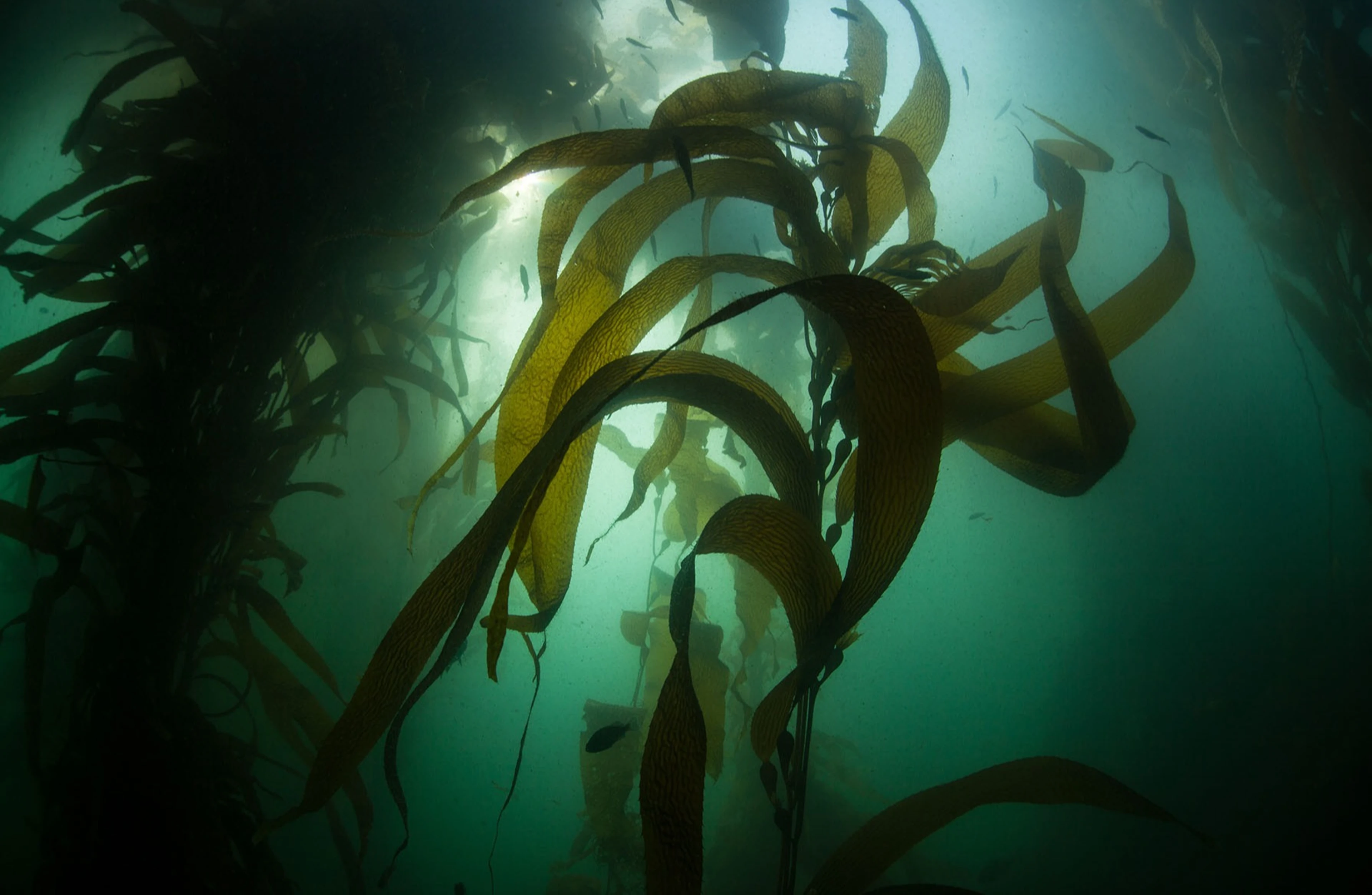
Kelp restoration Sussex, England
Info
Purchase type
By funding this project you are contributing to their work. You will receive impact reports and measurements but you won't receive a carbon credit.
Categories
Background
Alongside Platform Earth we have partnered with a pioneering marine rewilding project, The Sussex Kelp Restoration Project. The Project will restore almost 200 square kilometres of lost kelp forest along the coast of Sussex. Healthy kelp forests are vital as well as visually stunning – kelp supports a biodiversity rich habitat and is fast-growing, so sequesters carbon at many times the rate of land-based trees.
Why did we choose this project?
Kelp forests provide shelter, feeding and nursery grounds for many marine species including cuttlefish, lobster, seabream and bass. Reinstating the function of the kelp forest within the ecosystem provides shelter and food for marine life. Kelp also acts as a carbon conveyor, drawing down carbon and potentially aiding in the fight against climate change, while feeding coastal ecosystems, improving water quality and reducing coastal erosion by absorbing the power of ocean waves.
How does it work?
Currently, kelp stocks in Sussex stand at 4% of their range in 1987 owing to trawling practices, storm damage and sediment dumping in coastal waters. Ground-breaking research and innovative work in the restoration of this devastated area aims to return the habitat to its original size. Research will also seek to understand the lifecycle of carbon captured by kelp and the unique species of kelp in the Sussex marine environment. Successful restoration of the entire area is estimated to be able to capture 800 tonnes of CO2.
How do we know it's working?
Platform Earth supported the Sussex Inshore Fisheries and Conservation Authority in the passing of a landmark near-shore trawling exclusion bylaw. Signed off in March 2021 the bylaw legislates that trawling is illegal within the 300km2 protected area off the coast of West Sussex.
Following the successful implementation of the by-law and trawling ban there are early signs of kelp recovery, with new stands finding a foothold and bringing hope for the return of the once magnificent kelp beds. The Sussex Kelp Restoration Project is tracking the progress of the restoration.
Star fact
Kelp is vital for providing habitat and food for over 700 marine species, protect neighbouring coastlines from erosion and pull in carbon dioxide from the ocean as they grow
UN Sustainability Goals
Verified by Pinwheel
20 Jul 2022
Location
Sussex, UK